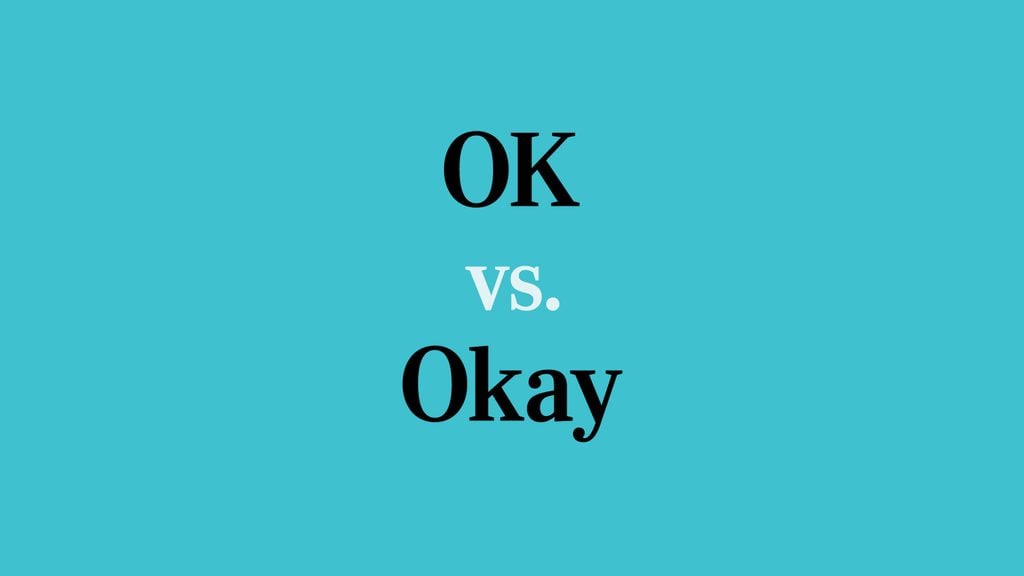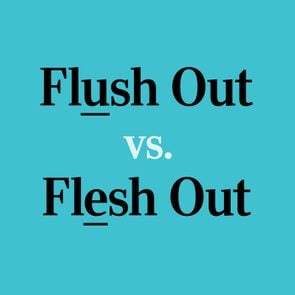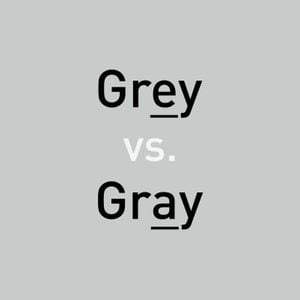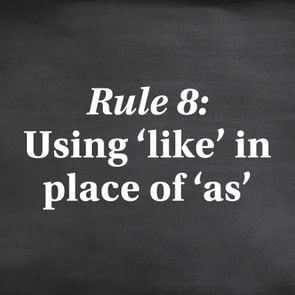OK vs. Okay—Which Is Correct?
Updated: Jan. 25, 2023

You might be surprised to learn which came first!
When you’re expressing assent to something, or conveying that you’re all right, in writing or text, do you use “OK” or “okay”? Chances are you’ve used both. You certainly see both forms pretty frequently, and they’re used interchangeably.
While the distinction between “okay” and “OK” probably isn’t something that keeps you up at night, you might still wonder if one version is more “correct” than another. Was “okay” abbreviated to “OK” because the word sounds like the two letters? Or did the two-letter version actually come first, and the word is an incorrect fancification of it? And should you be using each of them in different contexts? Could these be among the words and phrases you’re probably using wrong?
OK vs. okay: Which came first?
The answer might surprise you—”OK” came before “okay”! “OK” most likely is an abbreviation, but not of “okay.” The most common explanation for the origin of “OK” is that it came from an intentional misspelling of “all correct.” In the early 19th century, people started spelling it phonetically, as “oll korrect,” as a joke. (You can compare it to people spelling “cool” as “kewl” today.) From “oll korrect,” we got “OK.”
And, according to Grammarly, a former president helped out as well. President Martin van Buren, who was running for reelection in 1840, went by the nickname “Old Kinderhook” for the New York town he hailed from. So he seized on the rising popularity of the “OK” abbreviation and used it for his campaign slogan. This helped cement the popularity of “OK” (though van Buren lost that election). As for “okay,” it came around a few decades after “OK,” and stuck around, as a phonetical lengthening. So, how about that: “OK,” a hugely popular expression of acceptance, began as a jokey slang word. Find out the surprising origins of the most popular slang words.
Is one more formal, or correct, than the other?
Have you ever doubted the formality of “OK,” thinking that surely it was an abbreviation for “okay” and therefore less suited to more formal writing? Well, that origin story should put that concern to rest! “Okay” is a variant of the original “OK.” Both mean the exact same, and both are valid. So yes, even though “OK” came first, dictionaries and linguists generally consider “okay” acceptable as well.
But some style guides do prefer one over the other when it comes to “OK” vs. “okay.” For instance, the Associated Press favors “OK,” while the Chicago Manual of Style has used, and accepts, both forms. So if you’re specifically writing in a certain style, you should verify whether that style prefers “OK” vs. “okay.” While you’re at it, also check whether it’s “all of a sudden” or “all of the sudden”.
What about “O.K.”?
“OK” may not be an abbreviation for “okay,” but it still began as an abbreviation. And it’s still two usually capitalized letters. So does it need periods? Should it be “O.K.”?
No. The periods are not necessary, and dictionary sites list “OK” as its primary entry. You’re still welcome to use “O.K.,” but it’s not grammatically incorrect if you don’t have the periods. Besides, who wants to take the extra time and paper space to add them when you don’t need them? You certainly don’t see “oll korrect” nowadays, so there’s no need for the periods to hearken back to what “OK” originally stood for. Next, find out the difference between “canceled” and “cancelled”.



